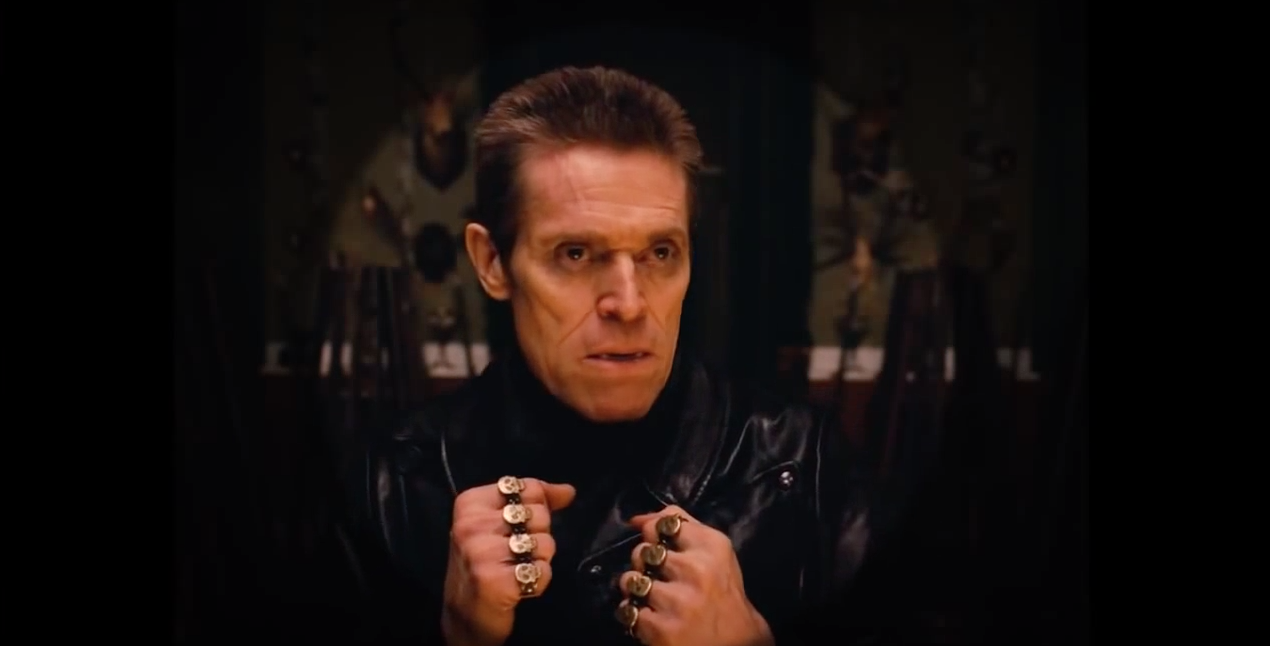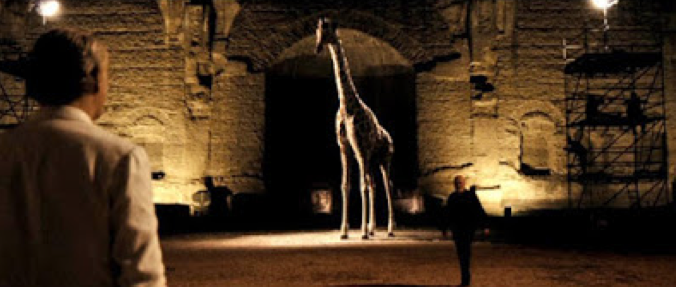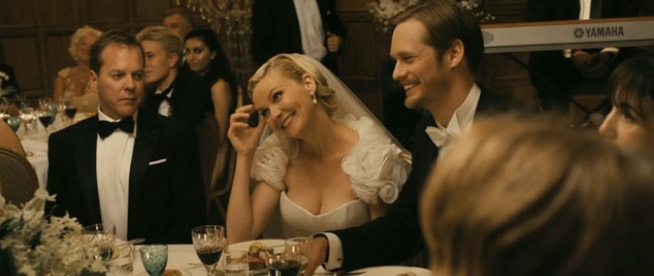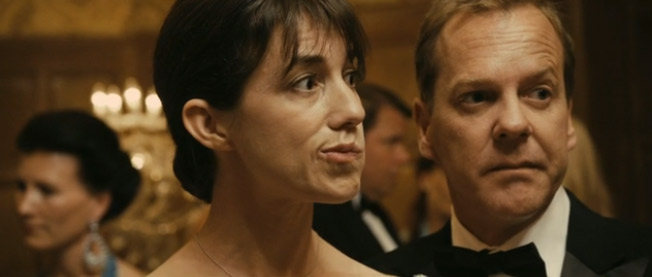Willem Dafoe: a man for all seasons
 Tuesday, April 26, 2016 at 3:00PM
Tuesday, April 26, 2016 at 3:00PM For our impromptu Actors Month, members of Team Experience were free to choose any actor they wanted to discuss. Here's Daniel Crooke on Willem Dafoe.
 Willem Dafoe is a Greek god, in the most ceramic of ways. Rather than present himself as a blank canvas, Dafoe’s vessel is a malleable lump of clay that he shapes on the kiln as the character sees fit. His fire-burnt expressions, calcified in psychic scars, detail their histories in an unrelenting mask of past, present, and future. The man is drama. But his tragic side so often overtakes the comic in the cultural consciousness that his nimble lightness often sneaks under the radar. As his performances play out in the frame, he tactfully tears at their rigid façades to reveal the far more complicated, often contradictory stories within; He’s always got a secret.
Willem Dafoe is a Greek god, in the most ceramic of ways. Rather than present himself as a blank canvas, Dafoe’s vessel is a malleable lump of clay that he shapes on the kiln as the character sees fit. His fire-burnt expressions, calcified in psychic scars, detail their histories in an unrelenting mask of past, present, and future. The man is drama. But his tragic side so often overtakes the comic in the cultural consciousness that his nimble lightness often sneaks under the radar. As his performances play out in the frame, he tactfully tears at their rigid façades to reveal the far more complicated, often contradictory stories within; He’s always got a secret.
The severity for which his performances are known is only half the story. Just as his luminescent Sgt. Elias in Oliver Stone’s Platoon offsets the pitch-blackness of Tom Berenger’s sadistic Sgt, Barnes, Dafoe has an uncanny ability to hide his radiant purity behind a stalwartly strict face. For God’s sake, he defined the model of a conflicted Christ in Scorsese’s Last Temptation; doing the impossible, he reconfigured the Messiah’s pop cultural characterization as a man with a pulse, who sinned and lived off the cross. He is a duplicitous study, ready to convince you that he’s a treacherous monster until he reveals on his deathbed – over a ceremonial sip of Bean’s delicious cider – that he was a misunderstood sideliner all along.












